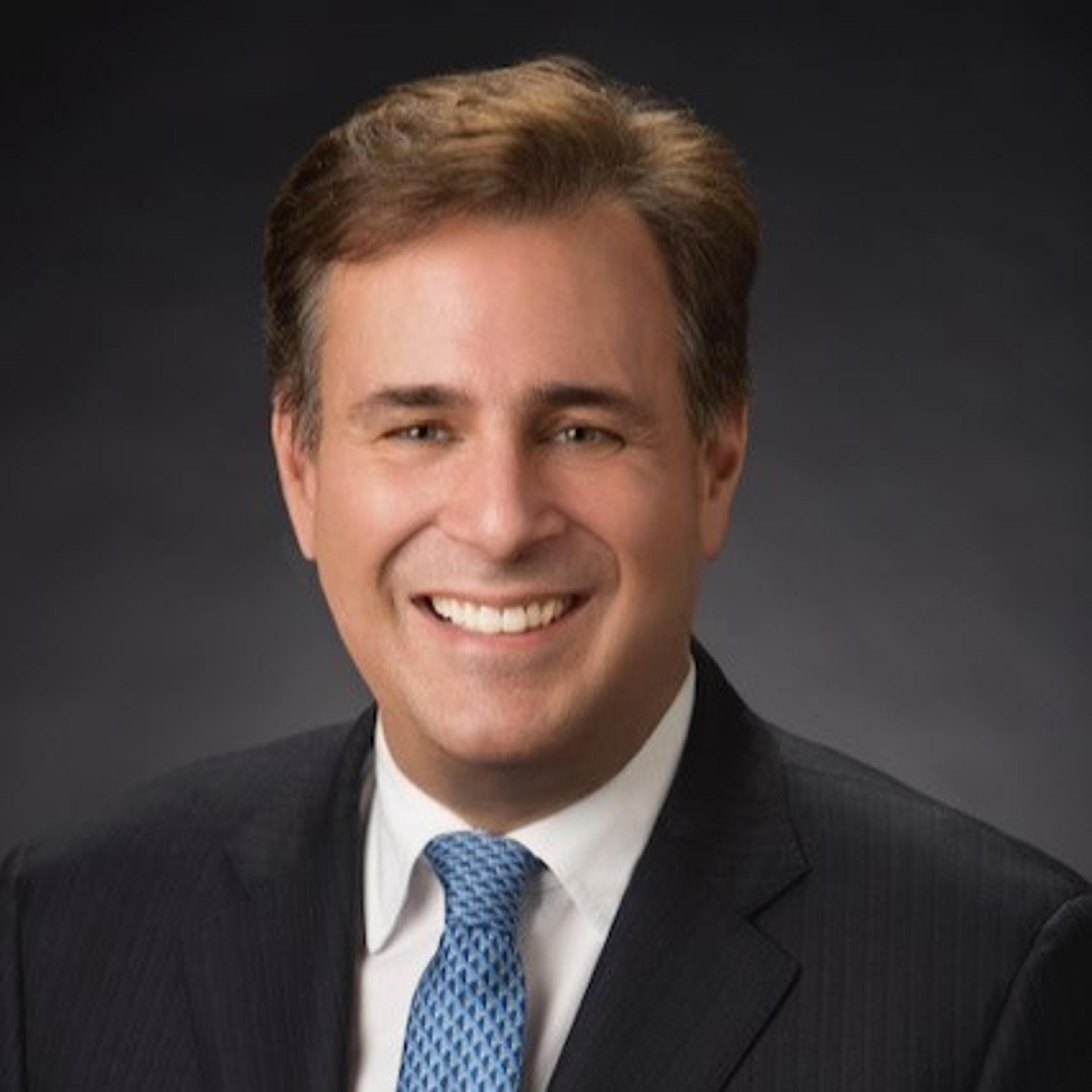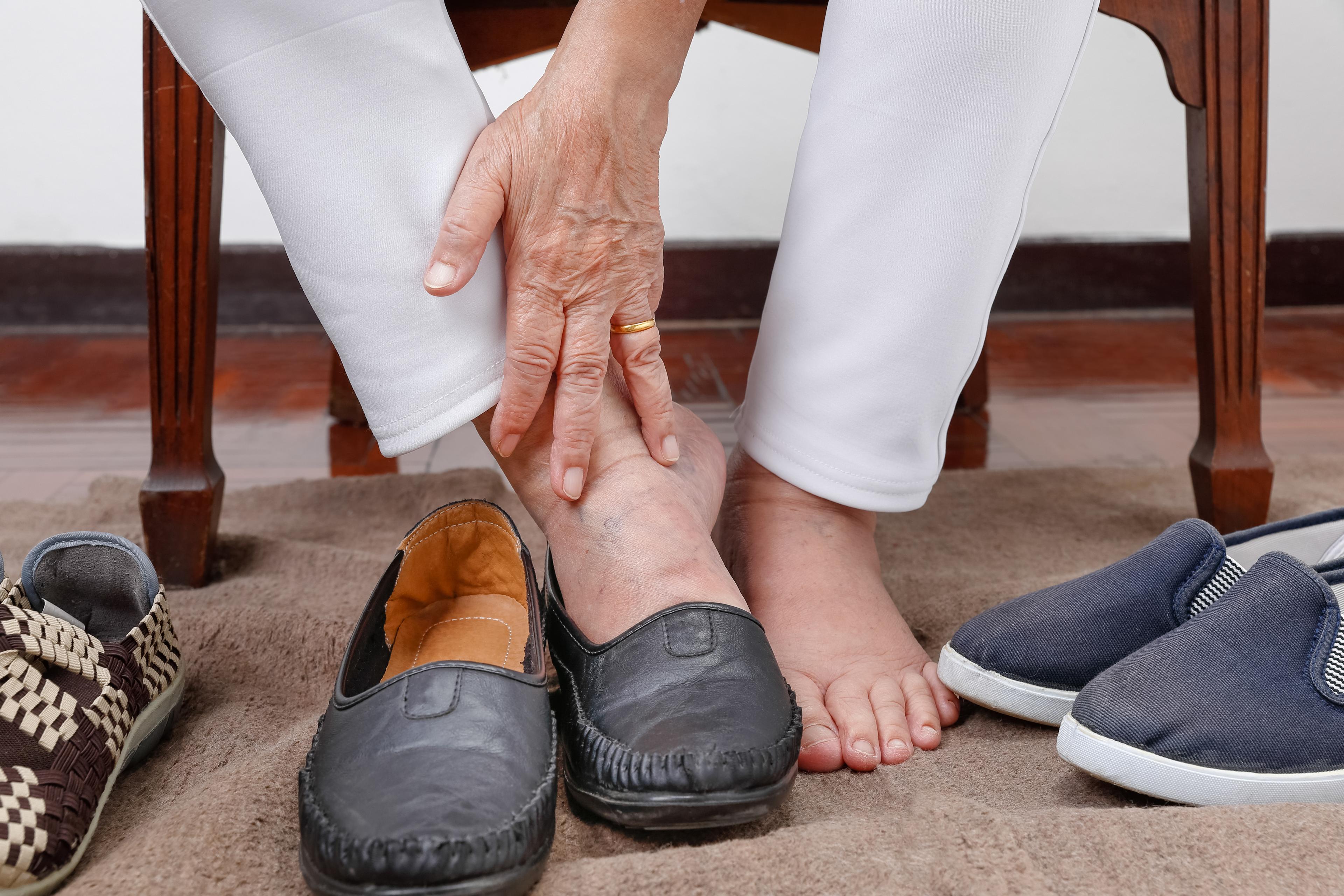Men’s Health at Every Age

Dr. James Grant
| 3 min read
James D. Grant, M.D. is senior vice president and chief medical officer at Blue Cross Blue Shield of Michigan. Dr. Grant is a native Michiganian and graduate of Wayne State University School of Medicine. He completed his post graduate training at Northwestern University Medical Center in Chicago. He is a diplomate of the American Board of Anesthesiology, completed his recertification in 2008 and is an associate examiner for the Board.

Men don’t seek health care as much as they should, particularly when it comes to mental health. Studies show men are less likely to seek help or receive care for both physical and mental health issues. In a 2019 Cleveland Clinic survey, only half of the men who responded said they engage in preventive care. In fact, societal attitudes regarding masculinity can foster a reluctance to admit a health problem and sometimes complete denial of a problem. This increases many risk factors and can lead to serious physical and behavioral health consequences. A 2016 article in The Conversation reviewed various studies that linked cultural views of masculinity to higher health risks. In general, the studies showed that men tend to delay preventive care, and when they do see a doctor, they are not always honest about how they feel both physically and mentally.
Seeking help
It can be difficult to know when to seek help from a professional. Sometimes, the symptoms of a mental health problem are similar to those of a physical health problem. In fact, both physical and mental health issues can cause:
- Body aches
- Changes in sleep patterns
- Digestive problems
- Fatigue
- Headaches
- Heartburn
A 2011 study published by the American Psychological Association found that men are more likely to be impulsive, aggressive, coercive or exhibit noncompliant behavior when dealing with emotions. They also had higher prevalence of alcohol / drug dependence and antisocial personality disorder. It’s important to recognize that it’s always OK to ask for help. Whether the concern is mental or physical, doctors, therapists and other health care professionals are here to help. Men can first seek out their primary care physician for help. A primary care physician will review the patient’s history, evaluate their symptoms and determine whether additional tests are needed. A primary care physician also should be able to refer patients to behavioral health specialists or other types of physician specialists if necessary.
Preventative care
It's a good idea to visit a primary care doctor annually for preventive health check-ups and screenings. Health screenings can detect diseases or chronic conditions in their earliest stages when treatment plans are most successful. Here are the recommended screenings and tests for men from age 30 to 60 and up:
- Men in their 30s
- Blood pressure
- Blood sugar (starting at age 35)
- Cholesterol
- Depression
- Full body skin check
- Vaccines for COVID-19 and influenza, and review need for other immunizations
- Weight
- Men in their 40s
- All of the above
- Colonoscopy (screening starting at age 45)
- Men in their 50s
- All of the above
- Prostate cancer screening
- Shingles vaccine
- Men 60+
- All of the above
- Bone density test
- Pneumonia vaccine
As always, individuals should talk with their doctor regarding screening recommendations and exams specific to their health history or risk factors. James D. Grant, M.D., is senior vice president and chief medical officer at Blue Cross Blue Shield of Michigan. More from MIBluesPerspectives:





